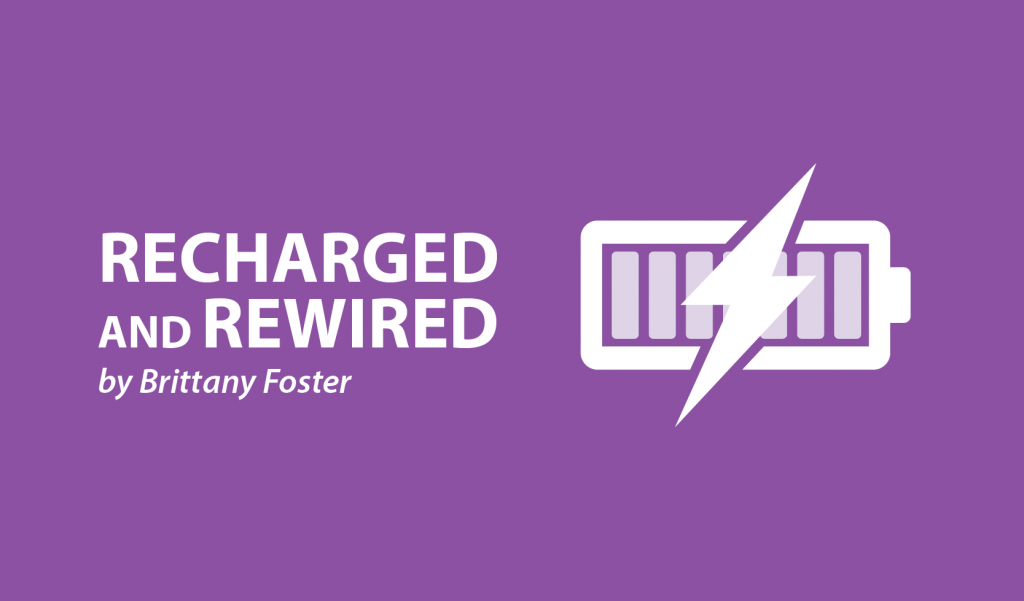From ‘YOLO’ to ‘FOMO’: The Fear of Missing Out

YOLO, aka, “You only live once.”
For much of my late teens and early 20s, almost everyone I knew lived by this motto. It was a way for us to justify our rebellious behavior, and for me, it was a way to convince myself to “just do it” and worry about the consequences later. It was great to be able to feel as though I was living in the moment without fear of how my body would respond.
Although I felt different from most of my friends after a night out partying in college, I saved the worries for the morning after. Back then, I didn’t feel as limited by my symptoms, and I didn’t let my physical state keep me from doing the same thing again the following weekend.
With a diagnosis of pulmonary hypertension, chronic hypoxia, and other respiratory conditions, the YOLO motto lost its influence. Now, instead of saving worries for the next day, I have to force myself to think about the consequences my actions will have on my body.
In college, my worries came after a night out partying. Fast-forward five years and my worries start even before an event begins. “Am I feeling well enough to go? Is it even worth it when I won’t feel well tomorrow? Have I been taking care of myself enough today? Did I take all the medication I needed to? Are my oxygen levels OK? Do I need to bring extra oxygen tanks?” These are just a few of the many thoughts and fears that go through my mind before going out somewhere. They’re a lot different from the YOLO mindset I once had.
The fear of what my body will be like after a night out, or after doing anything that requires extra physical exertion, constantly battles the fear of missing out. This fear of missing out is also known as “FOMO” in social media language. Since my diagnosis, I have missed out on so much. I’ve missed my sister’s high school graduation, parties, weddings, vacations, and countless nights out. I have missed so much of what I once was able to enjoy. Missing out on these activities that were once a source of so much happiness for me is one of the hardest heartbreaks that the difficult days bring.
“Do I go to the event even though I know I will pay for it later? Or, do I skip it and save my body the fatigue?” I find myself caught between these two questions, not knowing if there is ever a correct choice. When I do go out, I almost always have an amazing time. It doesn’t come without a price, though. The extra physical exertion always takes a toll on how I feel the next day. Whether feeling excessively tired, dealing with a headache from the lower levels of oxygen that come with increased activity, or seeing a noticeable increase in other symptoms, there’s always a price to pay.
Regarding the fear of missing out, I have found it helpful to analyze exactly how I feel BEFORE participating in any type of event. If I’m already under physical stress from an acute illness, if my oxygen levels are low, or if I’m feeling extra symptomatic, I need to focus on self-care.
This has been difficult for me to do, but I’ve learned that it’s an important part of managing life with this condition. My health must come first, even if it means missing out on something I really want to do. When I am at my baseline, I DO allow myself to enjoy life and go out, even if I pay for it the next day.
The truth is that everyone misses out on things for different reasons in their lives, whether they have a chronic illness or not. For those of us living with a chronic illness like pulmonary hypertension, the thought of missing out on social events and other activities that bring joy becomes a fear. We don’t want to miss out on important events and are saddened when we do. We can no longer live by the motto YOLO. It’s up to each of us to decide if the physical symptoms we will experience afterward outweigh the fear of missing out.
***
Note: Pulmonary Hypertension News is strictly a news and information website about the disease. It does not provide medical advice, diagnosis, or treatment. This content is not intended to be a substitute for professional medical advice, diagnosis, or treatment. Always seek the advice of your physician or other qualified health provider with any questions you may have regarding a medical condition. Never disregard professional medical advice or delay in seeking it because of something you have read on this website. The opinions expressed in this column are not those of Pulmonary Hypertension News or its parent company, Bionews Services, and are intended to spark discussion about issues pertaining to pulmonary hypertension.









Leave a comment
Fill in the required fields to post. Your email address will not be published.